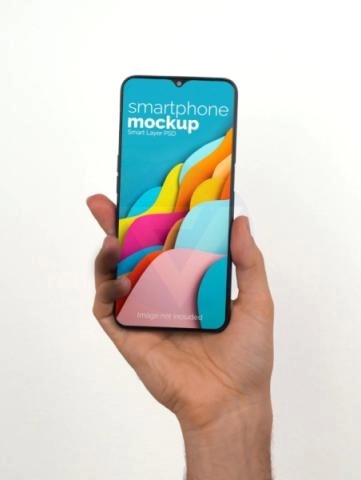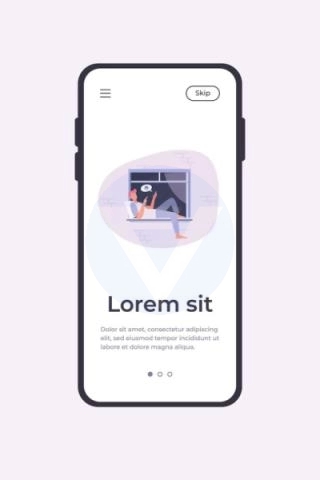Android App is a software designed to run on an Android device or emulator. The term also refers to an APK file which stands for Android package. This file is a Zip archive containing app code, resources, and meta information. Android apps can be written in Kotlin, Java, and C++ and are run inside Virtual Machine. The official development environment is Android Studio.
An OS for iPhone, iPad, and more Apple mobile devices, Apple iOS, the iPhone Operating System is based on macOS. This operating system runs Apple’s line of Mac laptops and desktop computers. Furthermore, it is crafted for seamless and easy networking between a wide range of Apple products.
It is an application that can run on the windows platform. Graphical user interface forms can be created using this. We can create web applications using IDE Microsoft Visual Studio. This can be done using a variety of programming languages such C#, C++, J#, Visual Basic and many more. Windows applications on a computer system –
A mobile application, most commonly referred to as an app, is a type of application software designed to run on a mobile device, such as a smartphone or tablet computer. Mobile applications frequently serve to provide users with similar services to those accessed on PCs. Apps are generally small, individual software units with limited function. This use of app software was originally popularized by Apple Inc. and its App Store, which offers thousands of applications for the iPhone, iPad and iPod Touch.
Mobile applications are a move away from the integrated software systems generally found on PCs. Instead, each app provides limited and isolated functionality such as a game, calculator or mobile web browsing. Although applications may have avoided multitasking because of the limited hardware resources of the early mobile devices, their specificity is now part of their desirability because they allow consumers to hand-pick what their devices are able to do.
The simplest mobile apps take PC-based applications and port them to a mobile device. As mobile apps become more robust, this technique is somewhat lacking. A more sophisticated approach involves developing specifically for the mobile environment, taking advantage of both its limitations and advantages. For example, apps that use location-based features are inherently built from the ground up with an eye to mobile given that the user is not tied to a location, as on PC.
Apps are divided into two broad categories: native apps and web apps. Native apps are built for a specific mobile operating system, usually iOS or Android. Native apps enjoy better performance and a more finely-tuned user interface (UI), and usually need to pass a much stricter development and quality assurance process before they are released.
Web apps are used in HTML5 or CSS and require minimum device memory since they’re run through a browser. The user is redirected on a specific web page, and all information is saved on a server-based database. Web apps require a stable connection to be used.













